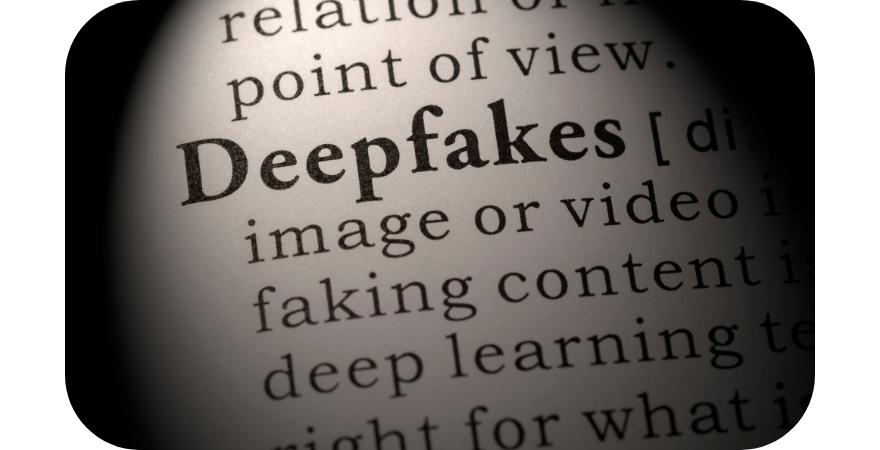Foreign Secretary Lord Cameron was the victim of a hoax video call with someone pretending to be former Ukrainian President Petro Poroshenko, it was reported this week.
This high-profile incident highlights the importance of maintaining robust levels of security when using video call technology, especially when handling sensitive topics or confidential information.
If a high-ranking government minister can fall victim of a hoax video call, it could happen to anyone – a cautionary tale for businesses using video conferencing for financial transactions and signing legal documents.
According to reports, the Foreign Secretary joined the call with someone who appeared to be Mr Poroshenko, but became suspicious during the course of the conversation. He stopped responding when the hoaxer requested contact details.
While video conferencing provides an opportunity to meet ‘face-to-face’ with people anywhere in the world, the rise of deepfake technology means that security has never been more important.
Criminals will always try to exploit both weaknesses in technology and the goodwill of others to gain access to private information.
It’s important to remain vigilant and remain one step ahead – which is where Videosign comes in.
Our security measures aim to stamp out fraud by ensuring that our customers can always confirm that they’re talking to a genuine person.
Videosign offers a range of identification features – from verifying identities via banking credentials to use of biometric facial recognition – to prevent hoax calls and keep your confidential information safe.
On this occasion it was fortunate that David Cameron spotted that something wasn’t right and ended the call.
But if he had been using Videosign, the hoax would have been discovered before the call even started.
- Want to know more? Contact our team for a demo today.

